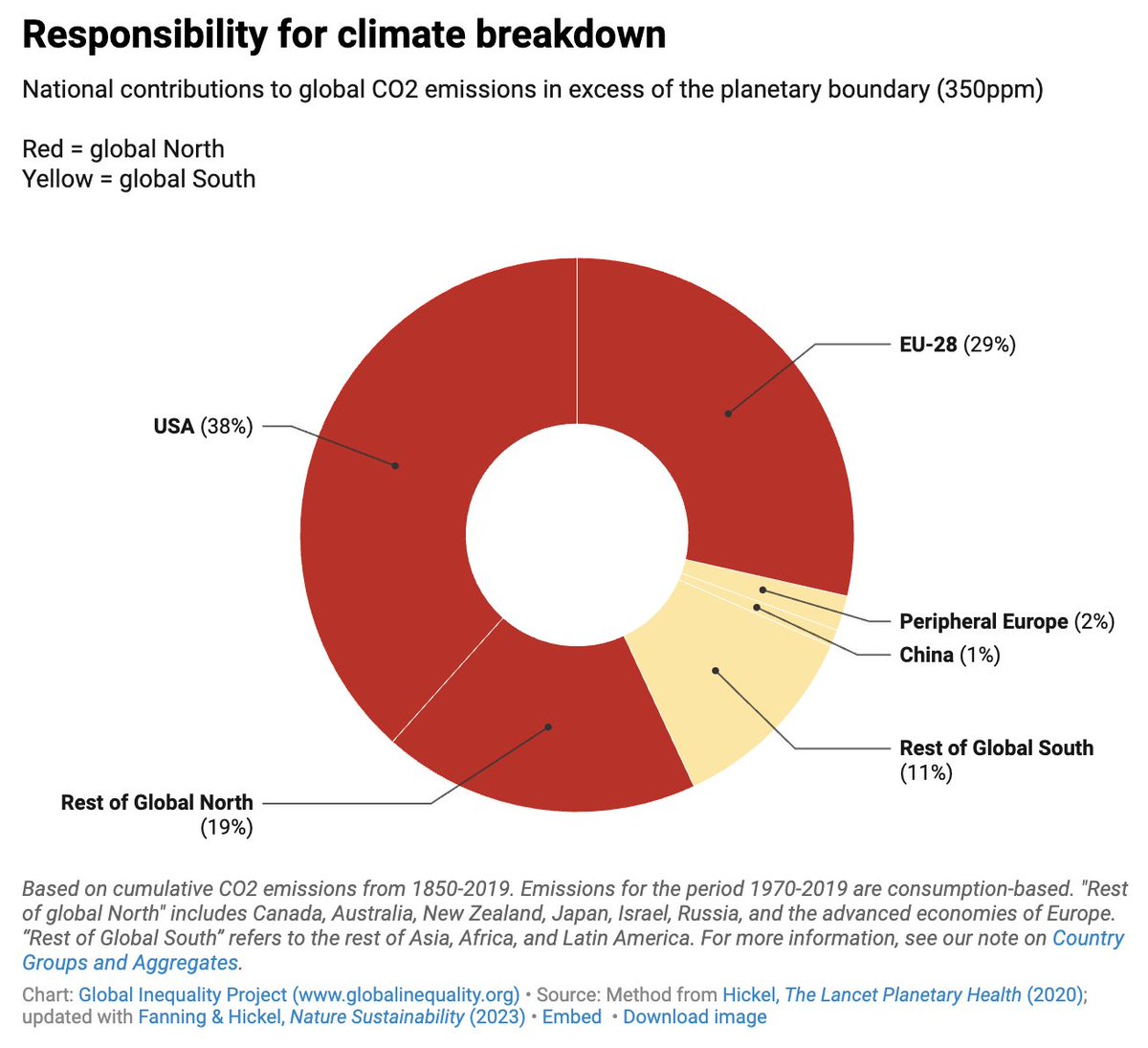Over the past few months leading right-wing politicians have enjoined us to celebrate Britain for abolishing slavery. Here are six reasons why that's ridiculous:
1) Britain was not the first to abolish slavery. The Haitians did it in 1804. Britain didn't get around to it until three decades later - and then only reluctantly, under sustained pressure from slave revolts and radical social movements (to whom the real credit belongs).
2) The Abolition Act of 1833 was not progressive but rather explicitly racist, declaring that enslaved persons were not humans but property, that therefore abolition amounted to expropriation, and that slave owners must therefore be compensated for their loss.
3) Not only did the British government pay an extraordinary sum to slave owners in a perverse act of reverse reparations, it required that slaves pay for their own freedom by working unpaid for a further 8 years after abolition.
4) Britain continued to openly countenance and profit from slavery in its colonies for nearly a century after the Abolition Act, liberating slaves in Nigeria only in 1916 and in Sierra Leone only in 1923.
5) Britain engaged in state-sponsored human trafficking for more than 200 years. To claim credit for abolition is like a serial killer expecting praise for being made to stop murdering. British politicians should call not for praise but rather for remembrance and reparations.
6) And yet their defense *against* reparations claims is to argue, ironically, that slavery was legal at the time. But you can't have it both ways. It is contradictory to invoke the legality of slavery and expect praise for ending it in the same breath.
• • •
Missing some Tweet in this thread? You can try to
force a refresh









